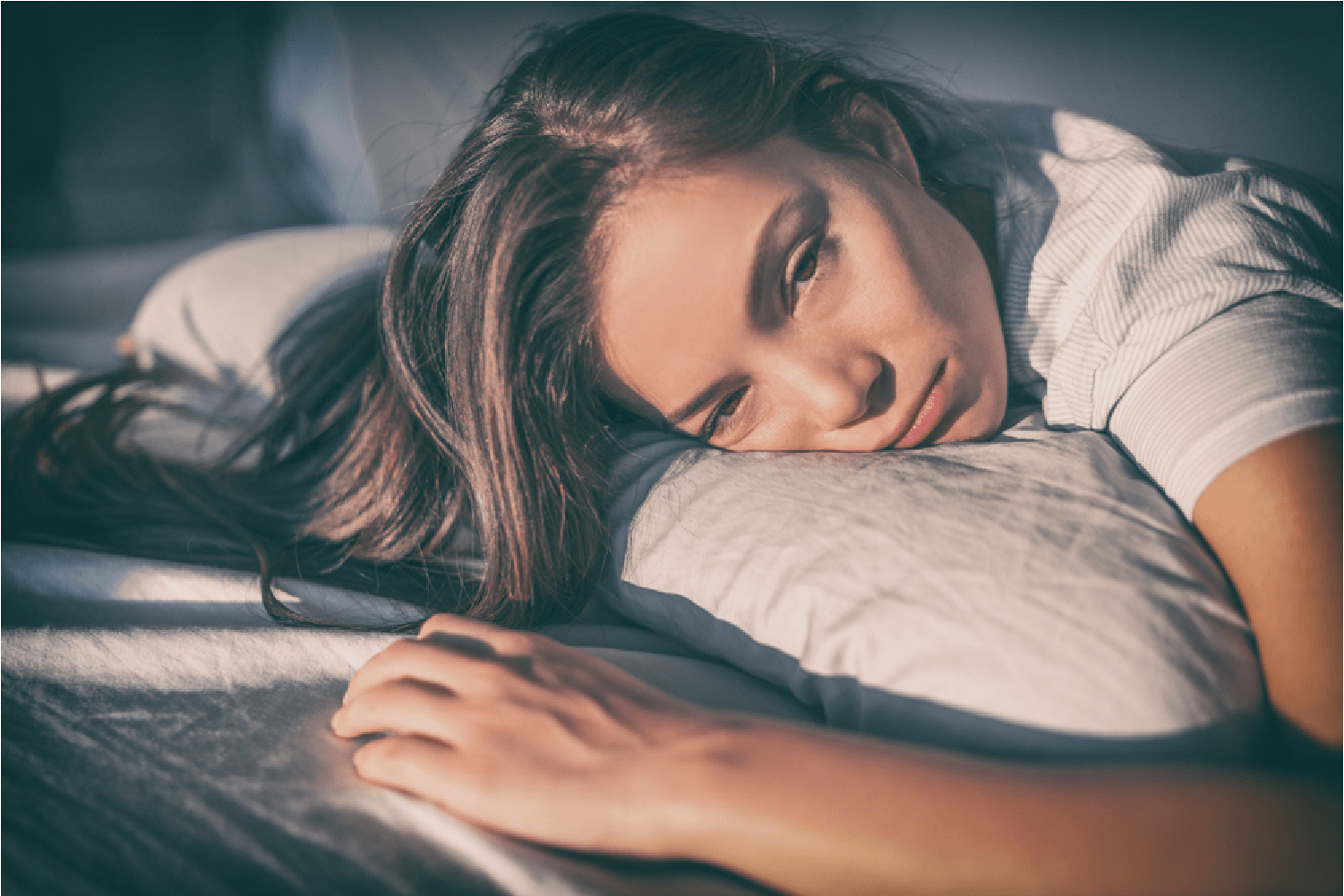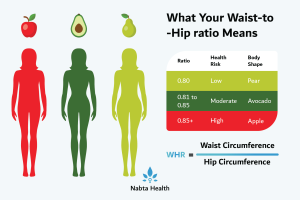أنا لا أستطيع النوم. فما الذي يسبب الأرق وكيف يمكن تحسين نوعية النوم؟

All too often when we consider our general health and wellbeing and when we think about ways in which we can improve our overall lifestyle, we overlook the importance of getting a good night’s sleep. In the fast-paced world of today, with technology very literally at our fingertips 24 hours a day; sleep can often be pushed to the bottom of the pile; work, children, household chores, visiting family, studying, shopping, socializing…..all of these come first, and sleep becomes something we fit in as and when we can make time for it.
Is this right? No.
Is it healthy? No.
In fact, by neglecting to get enough sleep, we are putting both our emotional and physical health at risk. Those who regularly sleep for just short periods at a time have an increased risk of developing obesity, heart disease, type 2 diabetes and depression. Sleep is also a critical component of healthy development, which is why babies spend so much time sleeping.
Of course getting sufficient sleep is not always as easy as it sounds. Insomnia is one of the most prevalent sleep disorders, affecting up to 15% of the general population and as many as 18% of the population of the Middle East, where cultural factors can also play a role. Extreme daytime temperatures and periods of religious fasting followed by feasting at nightfall, or prayer at the first sign of dawn, can all contribute to unusual sleeping habits. Insomnia predisposes an individual to depression, anxiety and a more intense response to stressful events. It can also have a negative effect on memory, mood and attention span.
If you would like to know if you have a nutrient deficiency that impacts your sleep, take an at-home blood test for Vitamin D and inflammation today.
Also visit our Nabta shop for your own beauty sleep pack
This article addresses insomnia in more detail, with a focus on natural methods to improve sleep quality and duration.
What is insomnia?
Insomnia is generally defined as a difficulty in falling asleep or staying asleep. It can also manifest as persistently waking up early, with an inability to fall back to sleep. In brief, insomnia occurs when a person experiences insufficient sleep duration and quality. So with sleep duration being so important, how much sleep does the average person require? Unsurprisingly, this varies person to person and changes with age, but the National Sleep Foundation suggests:
[table id=1 /]Insomnia can be treated with medication; antidepressants, antihistamines, barbiturates and tranquilizers. However, these drugs have significant side effects, meaning that doctors have a responsibility to investigate other options first. In the treatment of insomnia, adverse effects such as dependency, cognitive impairment and excessive daytime sleepiness means that the hazards posed by those agents listed above often outweigh any benefits obtained.
Natural ways to sleep better
Lifestyle Changes
If you are having trouble sleeping, and do not want to resort to medication, there are lifestyle changes you can implement that might improve your chances of getting a good night’s rest:
- Keep regular sleep hours. Try to go to bed and get up at approximately the same time each day.
- Avoid using smartphones, tablets and other electronic devices for an hour before bed.
- Limit alcohol, caffeine and nicotine consumption in the hours before bedtime.
- Avoid too much sugar before bed; fluctuating blood sugar levels can disrupt sleep.
- Consider implementing meditation and relaxation techniques before bed. Yoga exercises are one way of training the mind to be calm and to act in synergy with the body.
- Essential oils, such as lavender. There is actually very little scientific evidence to advocate the use of oils; however, they remain widely used as a sleep aid.
- Chamomile tea. As with the oils, there is little solid evidence supporting its use, but many people find drinking a cup before bedtime, soothes and relaxes them as they wind down.
In the case of essential oils and herbal teas, whilst the scientific evidence may be lacking, they have been used as natural sleep aids for many years, they undoubtedly do have a calming, soothing effect and the majority are unlikely to do any harm. The National Centre for Complementary and Integrative Health (NCCIH) is keen to stress that natural does not always mean safe. Kava is a plant product with proposed sedative properties. However, it has been linked with liver damage and should not be used to treat insomnia.
To read more about lifestyle changes click here
Supplements
Melatonin. Melatonin is a hormone that our bodies produce exclusively at night time. Levels start to increase two hours before the onset of natural, nocturnal, sleep and peak five hours later. The hormone helps us to sleep by regulating the circadian (24 hour cycle) rhythm. One underlying cause of insomnia can be insufficient levels of endogenous melatonin. Levels of the hormone decline with age, coinciding with an increase in the prevalence of insomnia. As many as 40-50% of adults over the age of 60 are thought to suffer from insomnia. Unnatural light can also interfere with the release of melatonin, which may be why an over-reliance on smartphones and screen time immediately before bed can exacerbate sleeping issues.
In Europe, melatonin supplements have been approved for the management of primary insomnia in adults over the age of 55. Clinical trials have also suggested that exogenous supplementation could help other patient cohorts at risk of disrupted sleep; for example, those with attention deficit/hyperactivity disorder (ADHD), children on the autism spectrum and women with premenstrual dysphoric disorder (PMDD).
Melatonin supplements are well tolerated and adverse side effects are minimal; headaches, dizziness and nausea are possible side effects. They have been shown to improve the onset, duration and quality of sleep when given two hours before bedtime. Melatonin can interact with other medications, such as anticoagulants and anticonvulsants, so always check with a doctor before using for the first time.
Magnesium. The effect of magnesium on sleep behaviour is not fully understood, but a deficiency in it is linked to a myriad of health complaints, including sleep disorders. Magnesium is an electrolyte, which means it conducts electrical impulses in the body. The balance of electrolytes within the body is essential for normal function of cells and organs. It is thought that magnesium itself is involved in more than 300 biochemical reactions in the body, including many regulating energy metabolism and neural transmission (the passing of information along the nerve cells). Deficiencies in magnesium appear to disrupt the circadian cycle and affect the production of melatonin, which, as described above, is fundamental for maintaining a healthy sleep-wake cycle.
Two of the major risk factors for magnesium deficiency are aging and an inadequate dietary intake. Within the body; most magnesium is stored in the bones and with age, bone mass declines, meaning that endogenous levels of the mineral fall. Food which is rich in magnesium includes dark leafy greens, nuts, seeds, beans, seafood and low fat dairy products. Unfortunately, dietary deficiencies in these food types are not uncommon.
When given to elderly patients suffering from insomnia, magnesium supplements were shown to improve various measures of sleep; both subjectively (for example, perceived sleep efficiency and sleep duration, early morning awakening) and objectively (for example, serum melatonin and cortisol levels).
Additional studies have found that taking a combined dietary supplement of melatonin, magnesium and zinc improved quality of sleep and quality of life in those with primary insomnia. Unfortunately, many of the studies are of small sample size, so further validation of the results would be useful.
Final note
Whilst complementary approaches have their place in the management of sleep disorders (including insomnia), the NCCIH recommends that, prior to commencing any novel treatment, a person consults their doctor. Sudden, unexplained insomnia may be a symptom of a more serious underlying health issue, or a consequence of treatment you are undergoing. Establishing the cause of your insomnia will help with the personalisation of an optimal management strategy.
Nabta is reshaping women’s healthcare. We support women with their personal health journeys, from everyday wellbeing to the uniquely female experiences of fertility, pregnancy, and menopause.
Get in touch if you have any questions about this article or any aspect of women’s health. We’re here for you.
Sources:
- Abbasi, Behnood, et al. “The Effect of Magnesium Supplementation on Primary Insomnia in Elderly: A Double-Blind Placebo-Controlled Clinical Trial.” Journal of Research in Medical Sciences, vol. 17, no. 12, Dec. 2012, pp. 1161–1169.
- Chaput, Jean-Philippe, et al. “Sleeping Hours: What Is the Ideal Number and How Does Age Impact This?” Nature and Science of Sleep, vol. 10, 27 Nov. 2018, pp. 421–430., doi:10.2147/nss.s163071.
- Hirshkowitz, Max, et al. “National Sleep Foundation’s Sleep Time Duration Recommendations: Methodology and Results Summary.” Sleep Health, vol. 1, no. 1, Mar. 2015, pp. 40–43., doi:10.1016/j.sleh.2014.12.010.
- Khalladi, Karim, et al. “Inter-Relationship between Sleep Quality, Insomnia and Sleep Disorders in Professional Soccer Players.” BMJ Open Sport & Exercise Medicine, vol. 5, no. 1, 24 Apr. 2019, doi:10.1136/bmjsem-2018-000498.
- Lyseng-Williamson, Katherine A. “Melatonin Prolonged Release.” Drugs & Aging, vol. 29, no. 11, 9 Oct. 2012, pp. 911–923., doi:10.1007/s40266-012-0018-z.
- Rondanelli, Mariangela, et al. “The Effect of Melatonin, Magnesium, and Zinc on Primary Insomnia in Long-Term Care Facility Residents in Italy: A Double-Blind, Placebo-Controlled Clinical Trial.” Journal of the American Geriatrics Society, vol. 59, no. 1, Jan. 2011, pp. 82–90., doi:10.1111/j.1532-5415.2010.03232.x.
- Sarris, Jerome, and Gerard J. Byrne. “A Systematic Review of Insomnia and Complementary Medicine.” Sleep Medicine Reviews, vol. 15, no. 2, Apr. 2011, pp. 99–106., doi:10.1016/j.smrv.2010.04.001.
- “Sleep Disorders: In Depth.” National Center for Complementary and Integrative Health, U.S. Department of Health and Human Services, 20 Nov. 2018, nccih.nih.gov/health/sleep/ataglance.htm.
- Xie, Zizhen, et al. “A Review of Sleep Disorders and Melatonin.” Neurological Research, vol. 39, no. 6, June 2017, pp. 559–565., doi:10.1080/01616412.2017.1315864.










